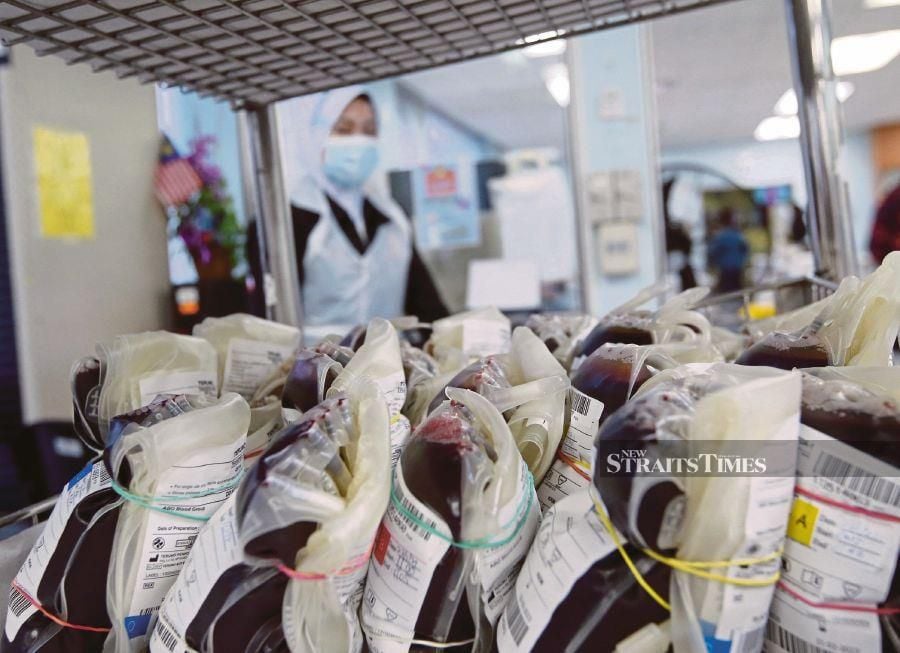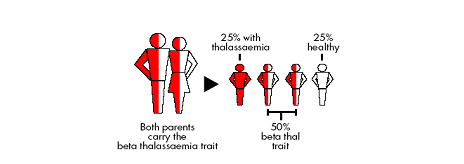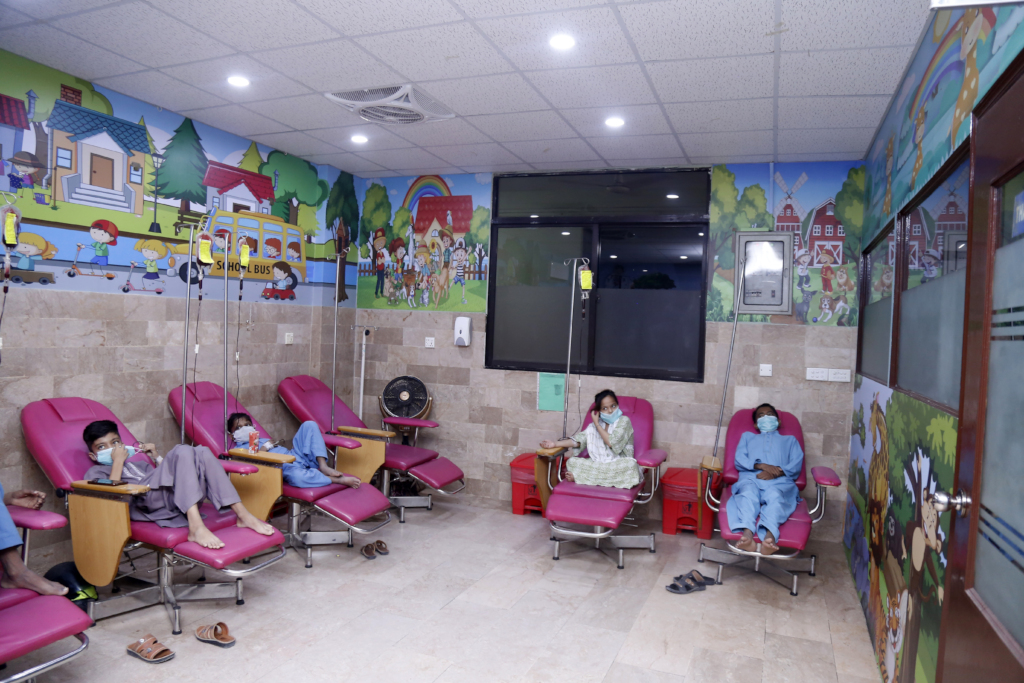Couple Breaks Off Engagement After Finding Out They're Both Thalassemia Carriers
Farra said they both understood the risks and consequences.
A Malaysian couple recently made the difficult decision to break off their engagement after finding out that they are both thalassemia carriers
Taking to Twitter to share their story and raise awareness on thalassemia, Twitter user @FarraDiana_ said they both agreed that breaking up was the best way to continue as they did not want their future children to have the risk of developing thalassemia major and depend on regular blood transfusions.
"He's a carrier. He told me from very early on. But I thought I was normal. I never checked. I only got checked after we got engaged. 'Just to be safe,' I thought.
"And it turns out that I am also a carrier. So the risk of thalassemia major is there. And we can't afford the uncertainties," she wrote.
Thalassemia is the most common inherited blood disorder in Malaysia, it passes down from parents to children through their genes
According to MedlinePlus, thalassemia happens when the body makes an abnormal form of haemoglobin in red blood cells, causing a patient to experience anemia.
As haemoglobin is made of two proteins — alpha and beta — a patient could have alpha or beta thalassemia depending on which protein is affected.
More importantly though, is how the disease presents and passes down. Both types of thalassemia can present in two forms: thalassemia minor and thalassemia major.
Thalassemia minor occurs if you receive the faulty gene from only one parent. People with this form of thalassemia are only carriers of the disease with, most of the time, no symptoms.
However, thalassemia major occurs when the patient inherits the gene defect from both parents
They will require lifelong blood transfusions to get healthy red blood cells in their body to live.
According to a 2020 observational study by the Malaysian Thalassemia Registry, there are about 8,000 patients with thalassemia major in Malaysia.
The majority of registered patients are Malay (63.95%), Chinese (11.75%), and Kadazan-Dusun (11.36%), with about 250 new patients born each year.
Meanwhile, 6.8% of Malaysians are thalassemia carriers.
Farra and her ex-fiancé, who are both medical doctors, said they understood the risks and consequences if they stayed together
"When we were in the paediatrics department, we saw many transfusion-dependent thalassemia children," explained Farra.
"When two carriers are together, their children have a high risk of getting major thalassemia," she added.
A thalassemia carrier couple has a 25% chance of giving birth to a child with thalassemia major. Whereas, if only one parent is a thalassemia carrier, the children may only become carriers, there is no risk of developing thalassemia major.
"We remember the children we treated, the ones that we had to poke (insert needles into their veins to receive blood) every night. They depended on blood transfusions. We always felt sad when they were rebellious. They expressed things like, 'Why do I need to go through this pain when it's not my fault?'" the doctor recounted.
Farra said they are both not interested in adoption and decided to break up after spending a few months discussing the issue.
She consented to SAYS sharing her personal story.
Image of thalassemia patients receiving blood transfusions for illustration purposes only.
Image via GlobalGiving





